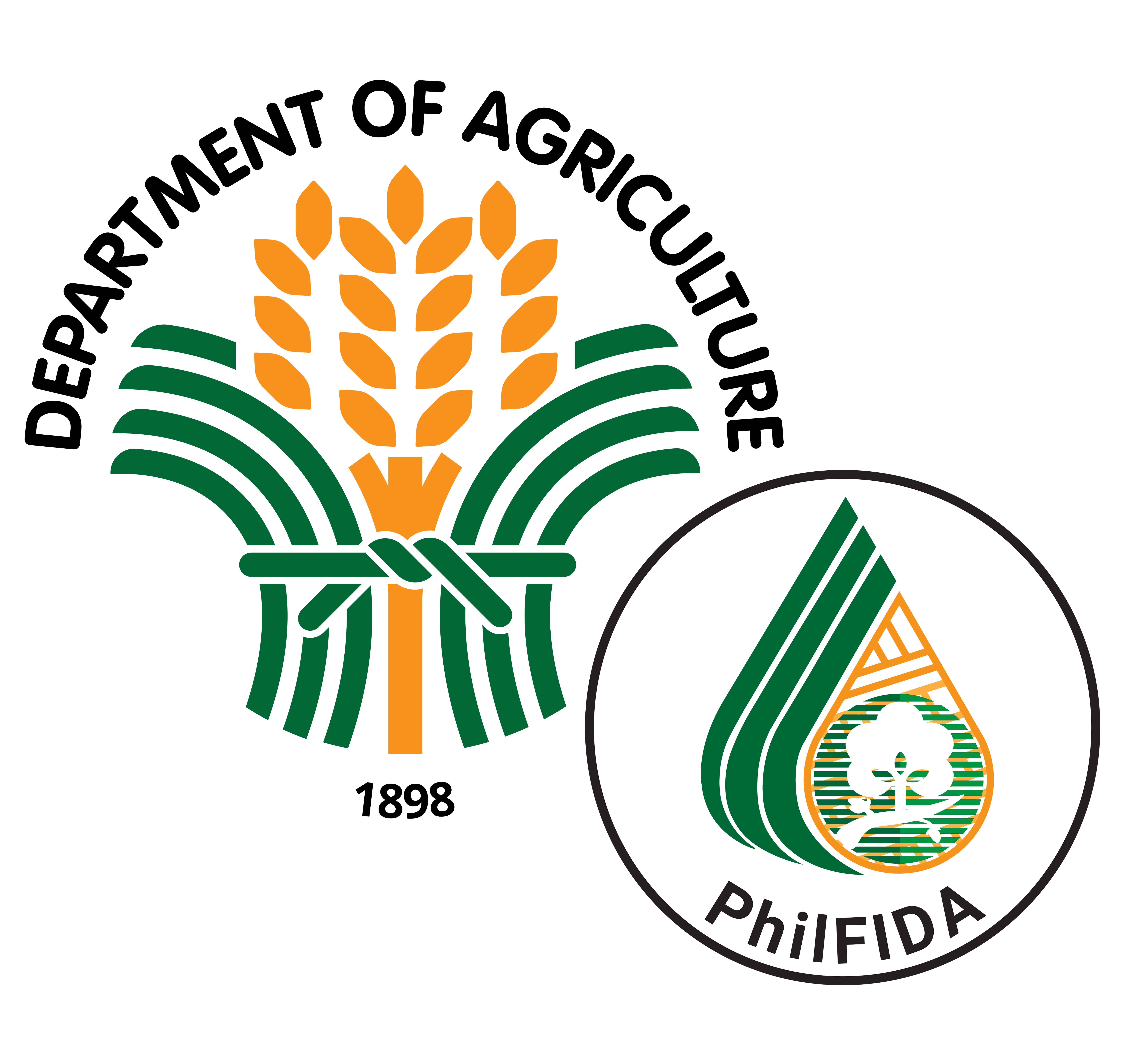In support to the Indigenous Peoples (IP) Farming Family Food Security Model Project of the Department of Agriculture (DA), the Philippine Fiber Industry Development Authority (PhilFIDA) provided assistance to selected IP communities in the province of Bukidnon. Undersecretary Bernadette Romulo-Puyat of the DA Office of Special Concerns spearheaded the project in partnership with PhilFIDA Region X and Heneleban Foundation Inc.
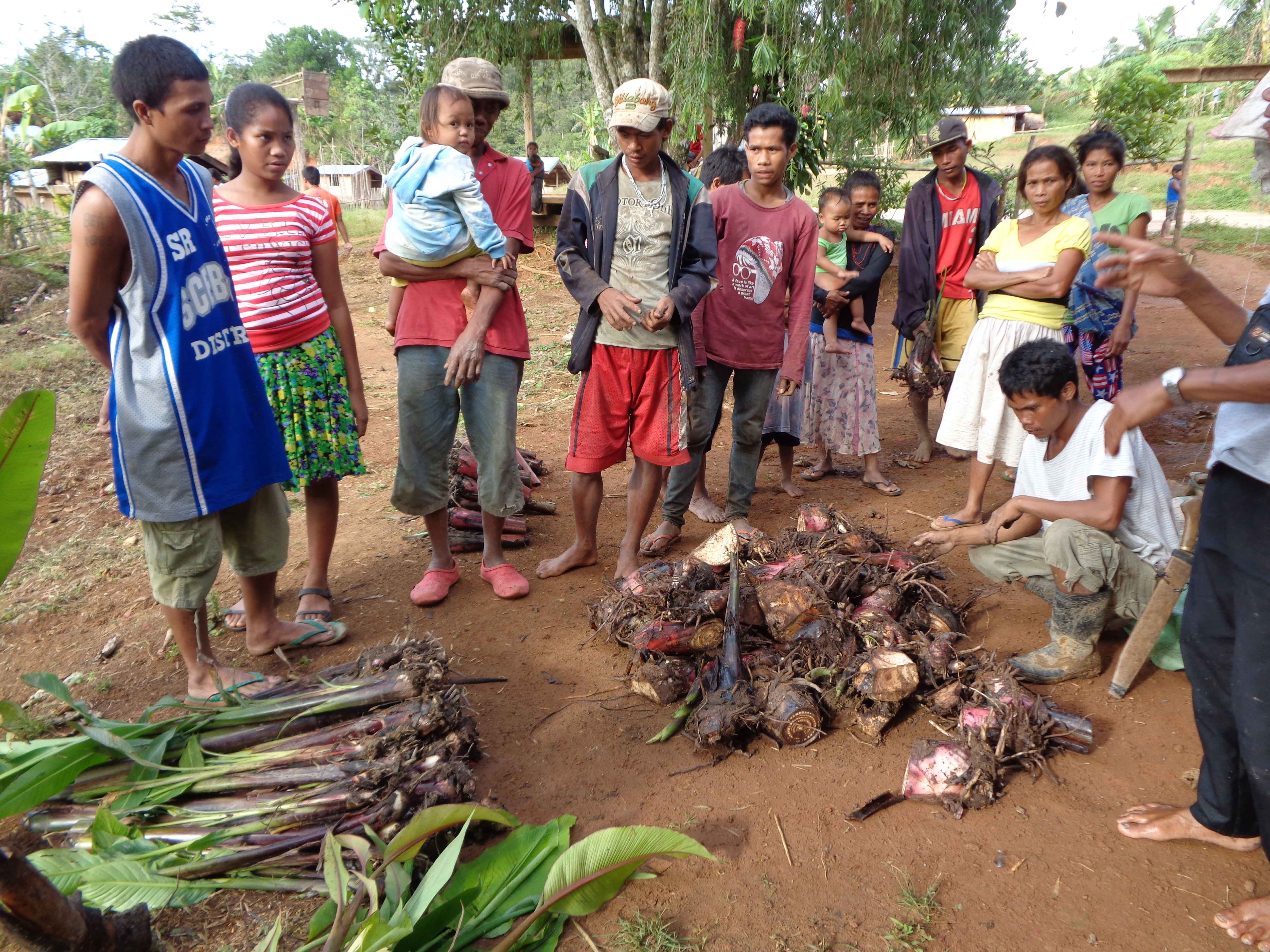 |
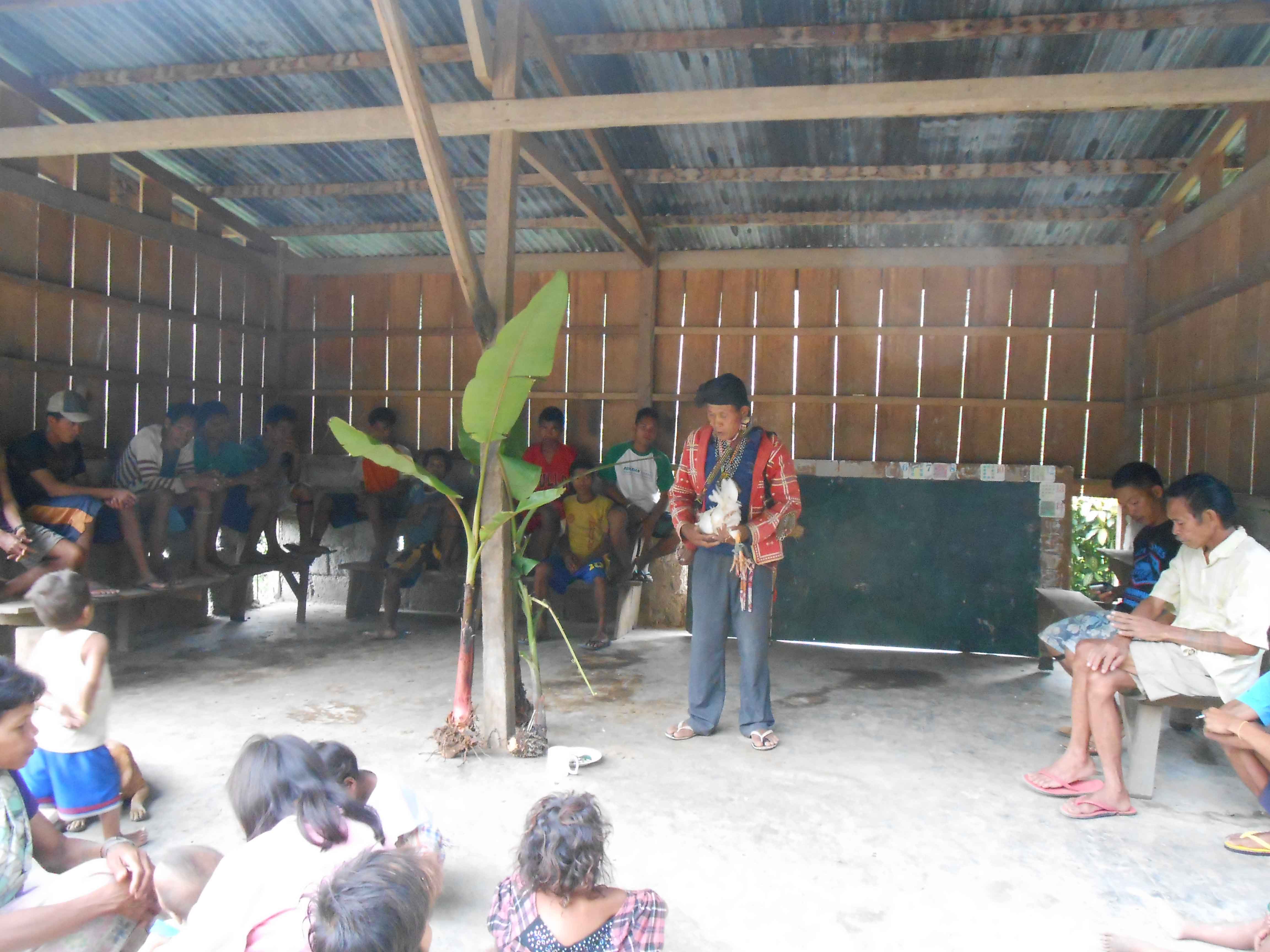 |
During the last quarter of 2015, the PhilFIDA X conducted 8 abaca production technology trainings harmonized with the indigenous culture of all the tribes, involving 349 members of the identified 8 IP communities. The Regional Office was also able to establish 4 abaca nurseries with techno-demo farms for 4 tribes wherein the Landang Tribal Organization, SOLEDKI, Basak Tribal Organization and Apo Agbibilin Community belong. The PhilFIDA assisted 8 tribes belonging to these farmers’ associations: Apo Agbibilin Community, Landang Tribal Organization, Saamulan Ne Ugpaan Te Langen Ne Etaw Dalan Te Keupyaanan Te Inged (SOLEDKI), Basak Tribal Organization, Bukidnon Martial Arts Agro Development Endeavor, CDO-ATD Ancestral Domain, Pigyayugaan Lumad Organization and Daraghuyan Tribal Organization. These groups were introduced to engage in abaca production as source of eco-friendly livelihood. Abaca is known to be an effective plant that can improve the water holding capacity of soil that can prevent floods/landslides and can help in the protection of watersheds. Eight (8) Indigenous People communities in the province of Bukidnon were lobbied by the Heneleban Foundation Inc. to the DA requesting for livelihood assistance in support to its main goal of protecting and conserving the watersheds comprising Mt. Kitanglad, Mt. Kalatungan, Pantaron and Matig-Salug ranges. These ranges are watershed areas of various large rivers, namely, Pulangui, Cagayan, Tagoloan, and Davao which serve as sources of power and water supply for many residents and industries in the surrounding areas.
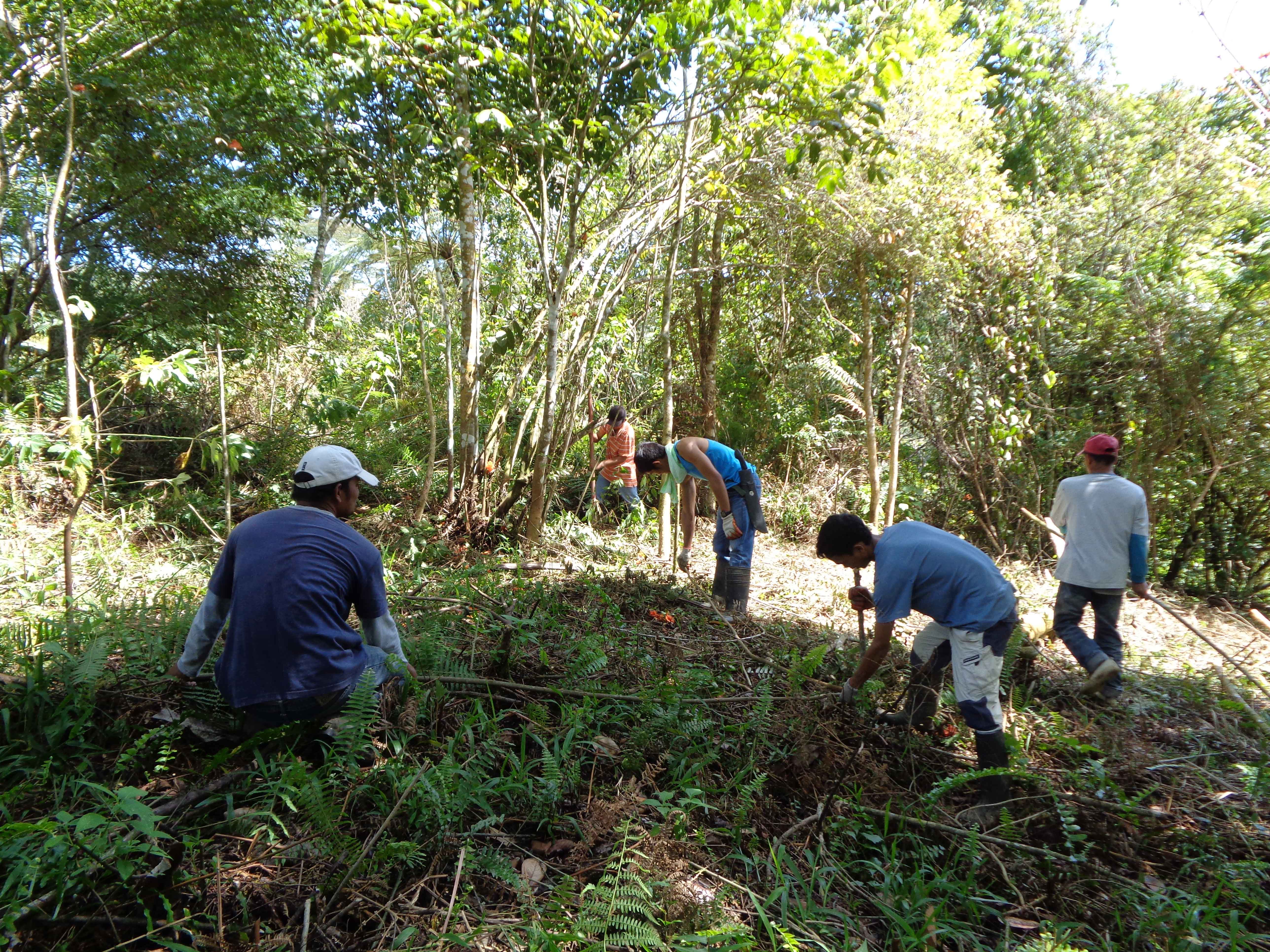 |
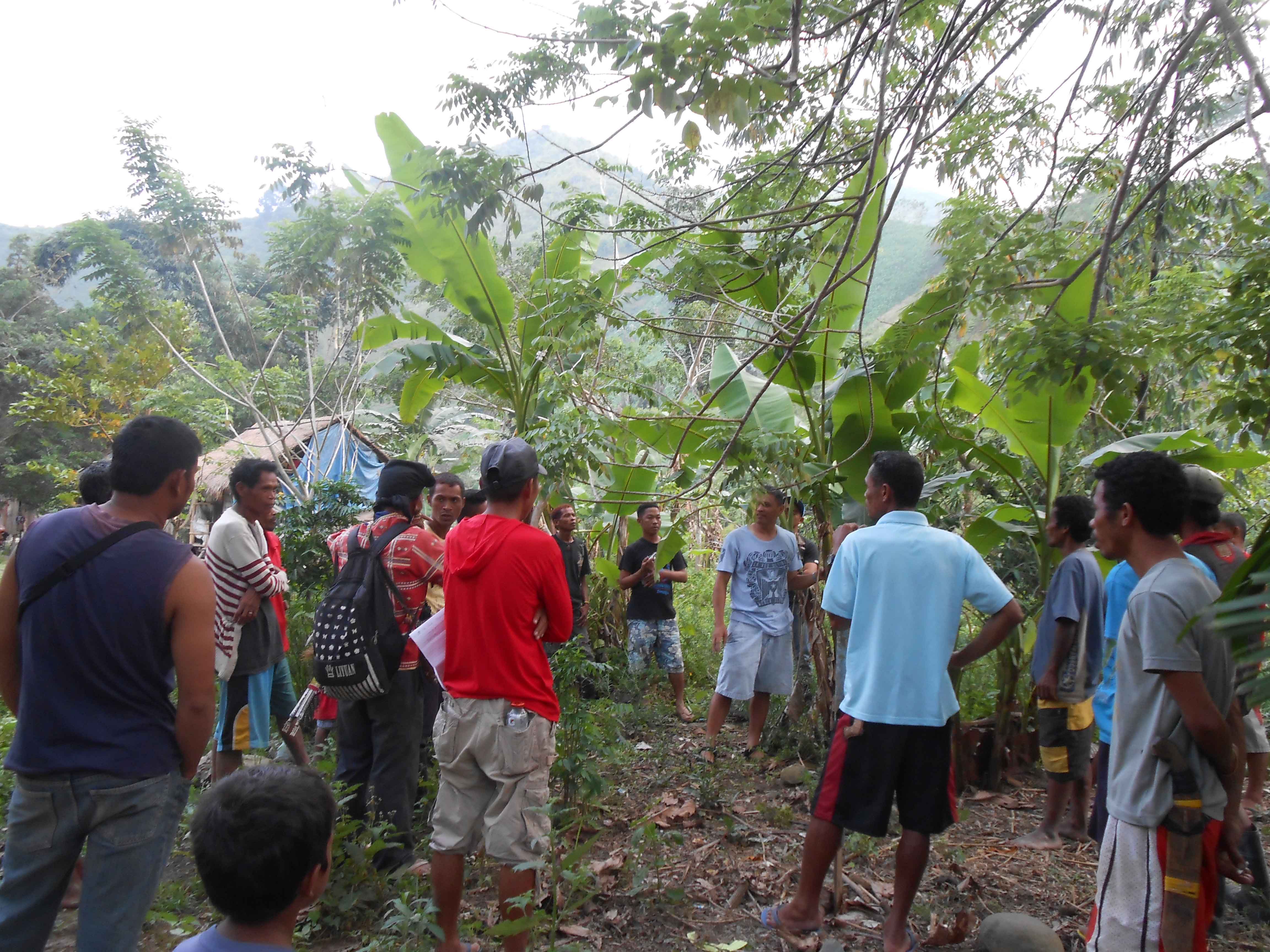 |
These abaca nurseries cum techno-demo farms will serve as learning field on abaca production technologies for these communities. The nurseries will be jointly maintained by the 4 associations through the “Hunlus” or bayanihan system until it becomes productive.
These nurseries are expected to produce 800 suckers every quarter or 3,200 abaca planting materials annually. Every recipient will give back the number of planting materials received after two (2) years for distribution to other farmers who are also interested in the production of abaca. Sustaining the system of distribution and maintaining the demo farm will ensure continued income for the tribesmen and will capably sustain the abaca fiber production in their area.
Through private partnership with OKM Trading and Yahsua Fiber Products, the project has distributed 4 units of decorticating machines to these companies commissioned to acquire the harvested abaca of the IP communities. The machines will provide efficiency in fiber extraction, double the fiber recovery and increase the income of the IPs from abaca farming.

